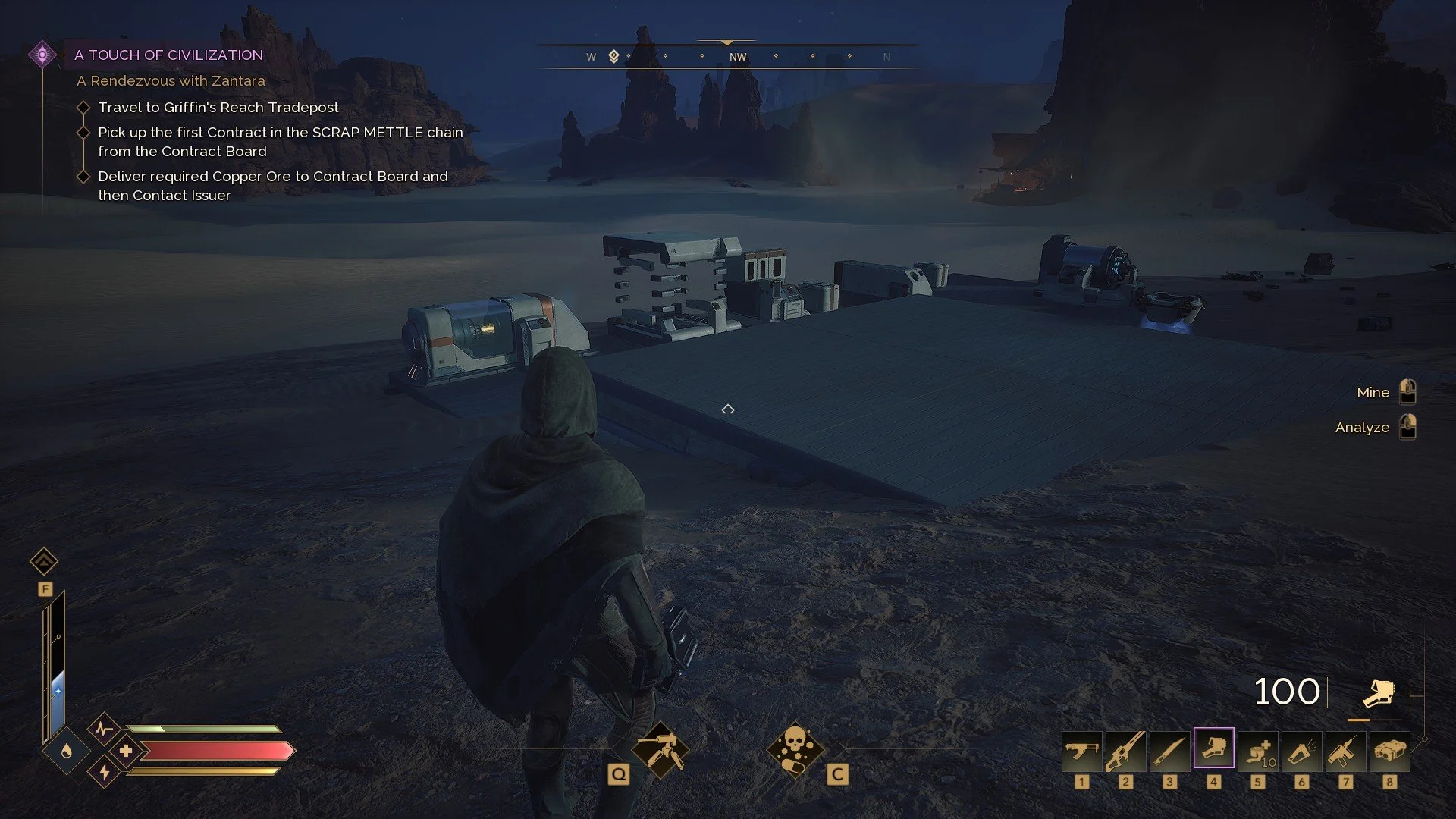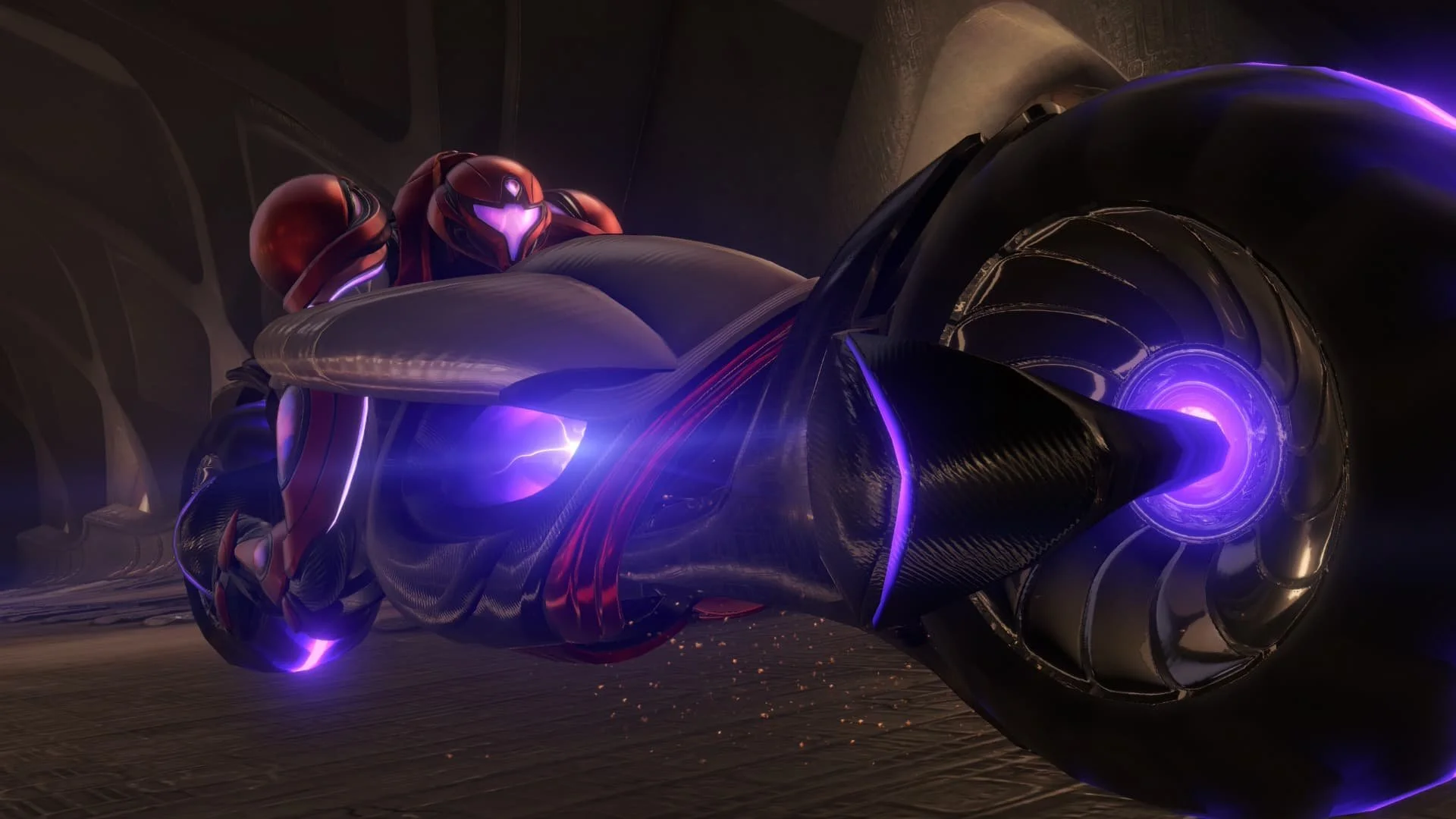Dune: Awakening Beta Weekend Impressions – the Sands of Arrakis looks promising
/Dune: Awakening had its big Beta weekend recently, and I was lucky enough to get access a day after it went live by simply requesting it through Steam. Funcom’s attempt at merging MMO survival mechanics with the iconic Dune universe intrigued me from its first reveal, and after spending a couple of days with it, I came away impressed by the game’s foundation, despite some awkward combat and expected early access bugs.
A Unique Survival Sandbox
In the survival-building genre, only a few games have really stood out to me—Grounded, Subnautica, and V Rising among them—largely because of their unique settings layered over familiar mechanics. Dune: Awakening fits right into that niche. It’s got your standard survival fare: base-building, resource-gathering, and survival stats. But its setting, deep in the brutal sands of Arrakis, combined with a story-driven progression system, gives it a distinct edge.
What Works
You start the game by selecting your character’s background and a mentor, which influences your initial skill trees (more can be unlocked later). From there, you’re dropped into the unforgiving desert with nothing but your wits and the scraps you find around you. A companion character communicates with you via radio, guiding you as you begin to gather resources, craft equipment, and build your base.
The building system isn’t revolutionary, but the Dune aesthetic elevates it. You can place structures in open desert areas or merge them into rocky outcrops, giving your base a distinct visual identity. In my short time with the game, I only had access to basic materials and blueprints, but even so, I appreciated the flexibility in design. You’re not limited to boxy shacks as curved walls and stylistic elements are available from the start.
Thirst is the main survival stat here. You’ll need to stay hydrated by harvesting moisture-rich plants, or more grimly, extracting water from NPCs by extracting their blood with an extractor or drinking their blood directly if you’re in a pinch. Staying out of the harsh sunlight is also important, but interestingly, hunger doesn’t seem to be a concern in this version of Arrakis.
As I expanded my base, I found myself enjoying the narrative structure layered over the survival gameplay. Even as someone only lightly familiar with the Dune lore, the story had just enough mystery and direction to keep me engaged. Exploring caves, research labs, and NPC-populated towns felt rewarding, yielding blueprints, gear, and resources. I didn’t see many of the dynamic world events, like crashing ships or Coriolis storms that are said to shape the landscape of the game world, but their inclusion adds a layer of unpredictability that could shine in the full release. I did experience the infamous sandworms as you travel through the open desert invites them to go in your direction, and if you’re noisy enough, they might just pop up to have you as a snack. I sadly became one that resulted in me losing all my equipment and items in my backpack as I respawned naked, so death is painful in this game.
What doesn’t work
Combat is easily the weakest part of the experience. It’s serviceable but far from exciting. Whether you're shooting or swinging a blade, enemy encounters (mostly bandits and thugs in my experience) felt repetitive. Most fights come down to ranged versus melee enemies, with some occasionally using shields, you have to counter manually.
Character progression also feels shallow at this stage. You can specialize in ranged combat, melee, or deployable gadgets like temporary turrets, but none of the abilities I unlocked stood out as particularly inventive. Ten hours in, the real joy came from exploration and building, not the fighting.
Performance and Final Thoughts
I played on a mid-range PC with an RTX 2060, and while I encountered a few crashes and frame drops, the experience was generally smooth, though it’s worth noting that I rarely played near other players, so performance under heavy server load remains to be seen. Bugs were present, but nothing out of the ordinary for a survival game, especially for those familiar with early access titles in the same genre. At launch, we’ll only be given a clear picture if the game is optimised for most graphic cards and PC setups, but it’s good to know that weaker systems have a chance at experiencing this game with a few tweaks.
Overall, I came away impressed with Dune: Awakening’s ambition. The survival mechanics feel grounded in the world of Dune, and the visual identity and narrative elements give it more purpose than most games in the genre. With only the starting area explored and a single vehicle unlocked, it’s clear I’ve only just scratched the surface. I’m especially curious to see how traversal, dungeons, and high-tier crafting evolve, particularly once I get my hands on an Ornithopter and other vehicles and structures.
We’ll find out soon enough. Dune: Awakening launches June 10 on PC via Steam, and so far, it feels like it might just be worth the $50 (~P1,799) price tag.








Octopath Traveler 0 is a mixed bag, with some genuinely likeable characters and engaging story arcs, alongside others that fall flat. You then have a final act that had me banging my head against the wall. Still, its satisfying combat system, strong party synergy, and striking visual style make it an enjoyable JRPG overall.